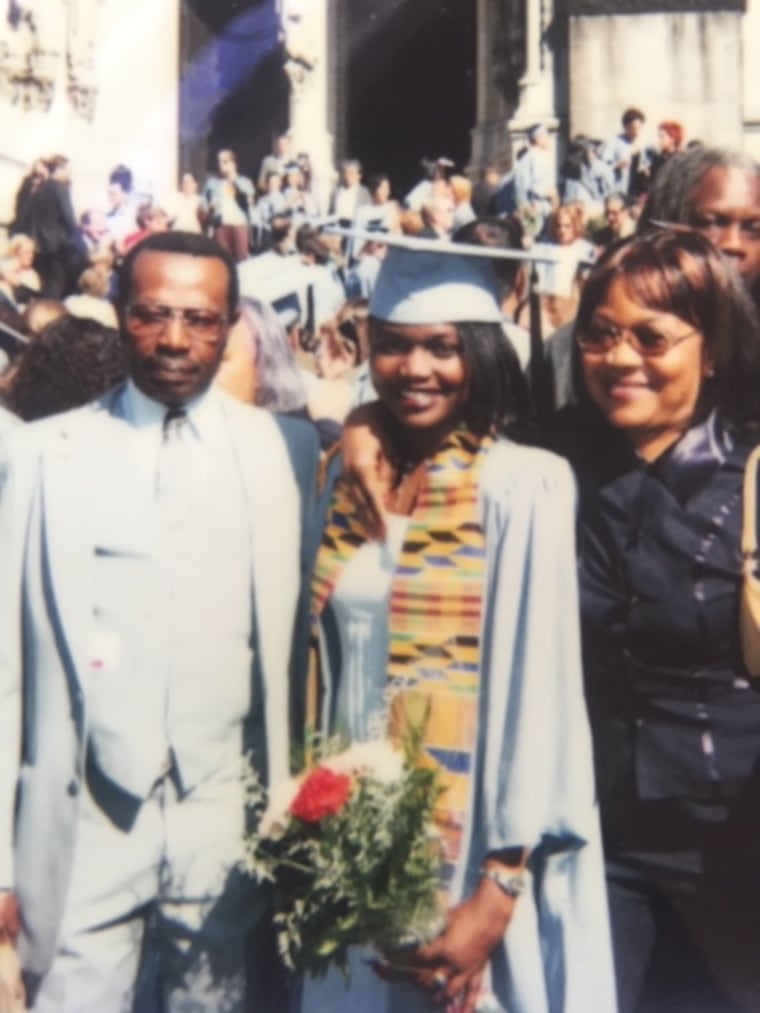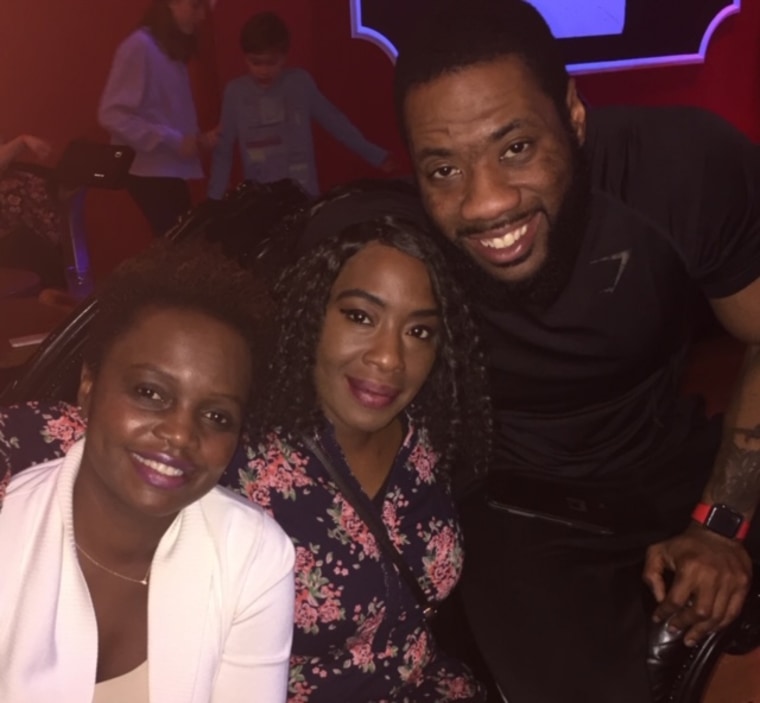It was 2005. The good news was I had just been asked to run a political campaign. The bad news was I had never run a campaign before. The even worse news: I was panicking.
During this time, I experienced imposter syndrome. It’s the idea that, even when by all possible external measures you’re succeeding, internally you still feel like you’re failing. It’s feeling like you’re not good enough even when any objective person would say you are.
And while imposter syndrome is something we all deal with from time to time, I’d be surprised if it didn’t affect women and people of color more often. Because while we can all feel inadequate sometimes, women and people of color are often taught that they’re inadequate.
But back to the campaign. I had been working for then-New York City Councilman James Sanders since he spotted me while working for another legislator and asked if I wanted to join his team. Now, a year later, he was asking me another question: If I’d head up his re-election campaign.
I had no idea what to do. I had never run a campaign before, and I told him as much.
“I don’t care,” he said. “I’ll teach you, and you’ll learn.”
And that’s what happened — and, I’m proud to say, he won re-election handily.
There are two ways of looking at my story. You could look at me and think: “Wow, I can’t believe Councilman Sanders hired her with no experience.” Or you could look at me and think: “She had all the experience and instinct she needed to run a campaign, she just needed to be given the chance.”

I’m asked a lot about how I overcome self-doubt. Truth be told, I get it from my parents. Because for all the people in my life who have questioned my ability and talent, my parents always taught me that if I worked hard enough, I could do whatever I wanted. And they taught me that by example.
Growing up, I knew if my parents said they were going to do something, it was as good as done. They’d do whatever it took to get it done, no matter how long it took or how much they had to sacrifice.
When my parents moved to the U.S. from Haiti, they didn’t have much. My father worked as a taxi driver in New York City, waking up at 4:00 a.m. most days to make it to the taxi line at John F. Kennedy International Airport to pick up passengers from the first international flights. My mom juggled working as a home health care aide with managing her own hair salon, often working every day except Sunday, when she went to church. My parents had promised themselves, on behalf of me and my brother and sister, that they’d buy a house and give us a good education. So, they did. For years, they scrimped and saved until one day, they were able to buy us a home to call our own.

What they didn’t realize, after all their hard work, was that the public schools in the area weren’t great. So, they got back to work. They scrimped and saved again, this time to send us to the local Catholic school, which offered a much better education. But still, they were determined to reach their original goal: Buying a home of their own in a school district with good public schools. They started saving again, and, eventually, bought a home in a neighborhood with fantastic public schools. I was already in college by that time, but because of their determination, my parents were able to send my younger brother and sister to some of the best public schools in New York state while living in their own home.
When people ask me how I developed my resolve, I tell them this story. Because while I’ve faced difficult moments in adulthood, the truth is my parents built my foundation when I was young. As a child, they instilled in me that I could do everything I wanted to do in life.
Those words weren’t simply a platitude for them, it was a value they lived by. After all, they had overcome drastic obstacles themselves, including fleeing a dictatorship in Haiti to make it to the United States and raise three children. In their eyes, there was nothing they couldn’t accomplish if they tried hard enough, and nothing I couldn’t do, either.
Even today, my mom always says: “When you put your mind to it, you get it done.” Of course, I understand that in the United States, some people are forced to work harder than others, and you can’t always hard work your way out of a system that makes it harder for low-paid people, people of color, women, and others to get ahead.
Perhaps the most important lesson my parents taught me is that resiliency isn’t about the absence of trying situations, it’s about how you handle them when they do happen. And I’ve faced my fair share of trying situations. But eventually, I always come to the same conclusion: You’re going to fail sometimes. That’s okay. It’s what you do afterwards that matters.
In 2005, I was asked to manage my first-ever political campaign. Nearly 15 years later, I’ve been the deputy campaign manager on a presidential election and along the way, had a daughter of my own.
My parents were critical to building up my well of strength and resolve that I turn to whenever I’m in a difficult situation. And I want to make sure my daughter has the same well — an even bigger well. So I teach her what my parents taught me: that she can be anything she wants. I want her to know that she can do anything she puts her mind to, and that she’s in charge of what “anything” means. My friends and family have told me they see it in her walk and how she holds her head high, with pride and independence. I tell her as often as I can that she can be president one day, if she wants to. I know it’s true, but best of all? She does too.
Karine Jean-Pierre's roots are in politics, from grassroots organizing to working on presidential campaigns. She worked in the Obama White House, managed political campaigns nationally and locally, and was the chief public affairs officer for MoveOn. Her new book "Moving Forward" is the story of how she found her call to action and how you can, too.
